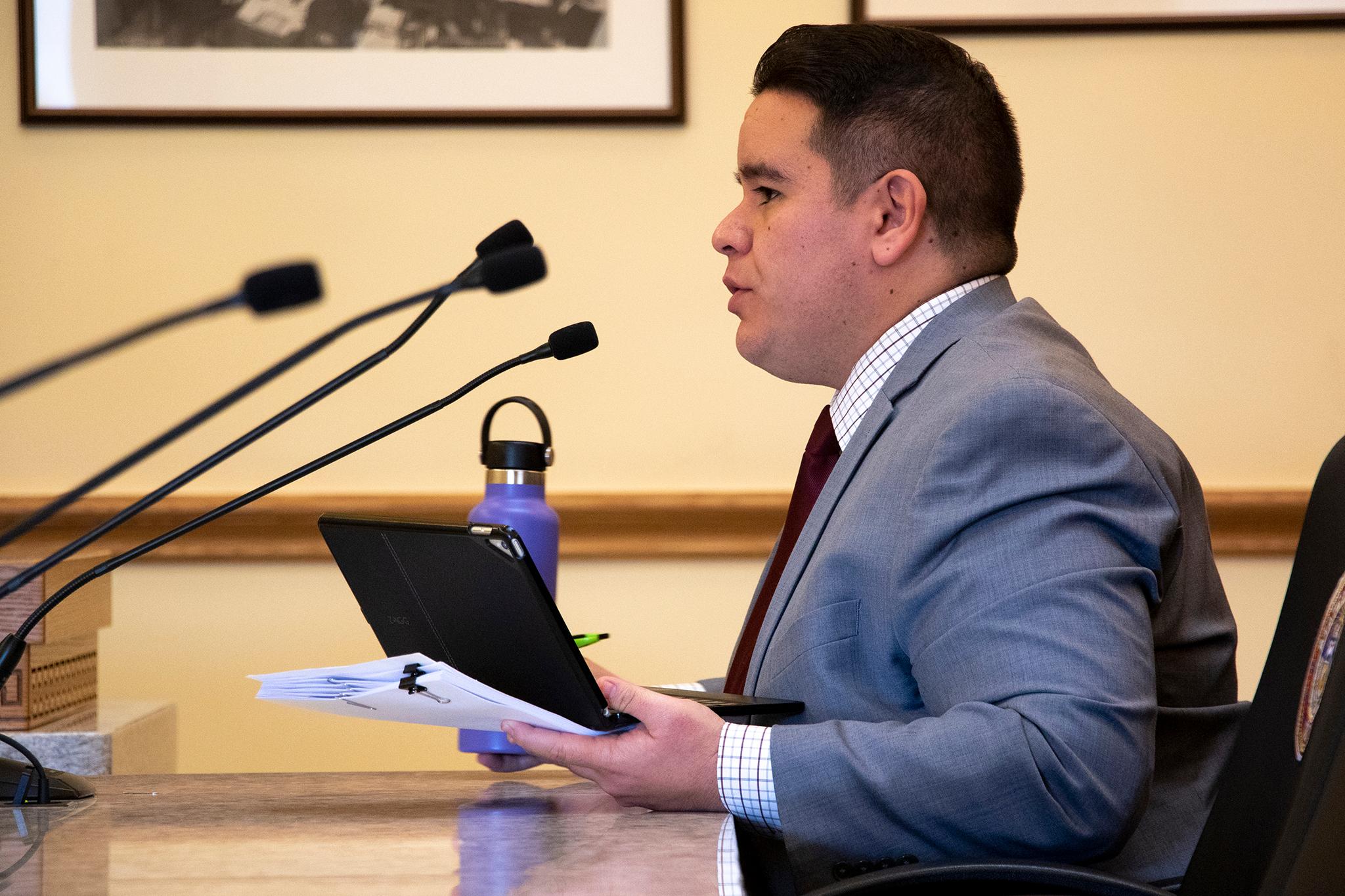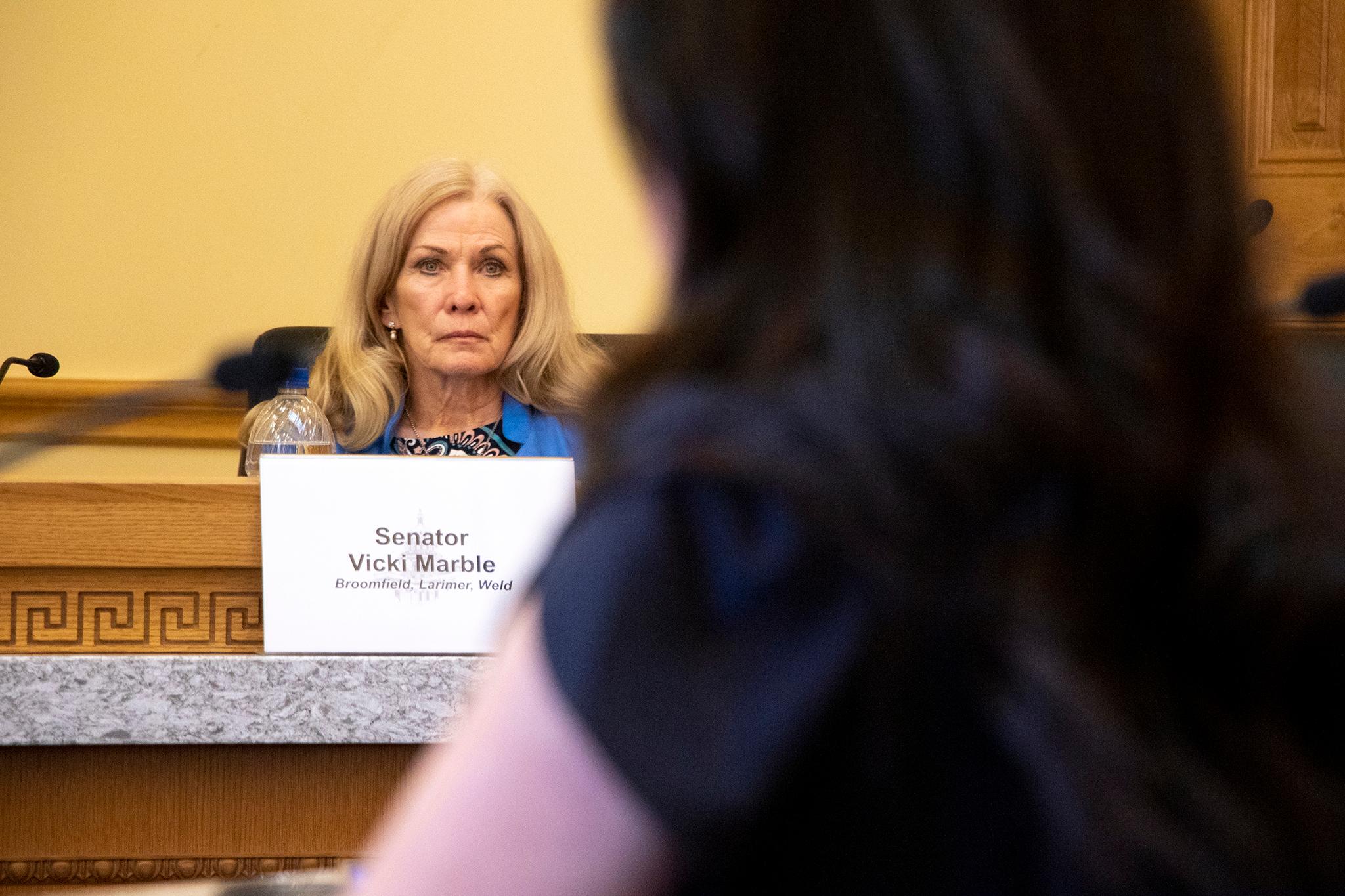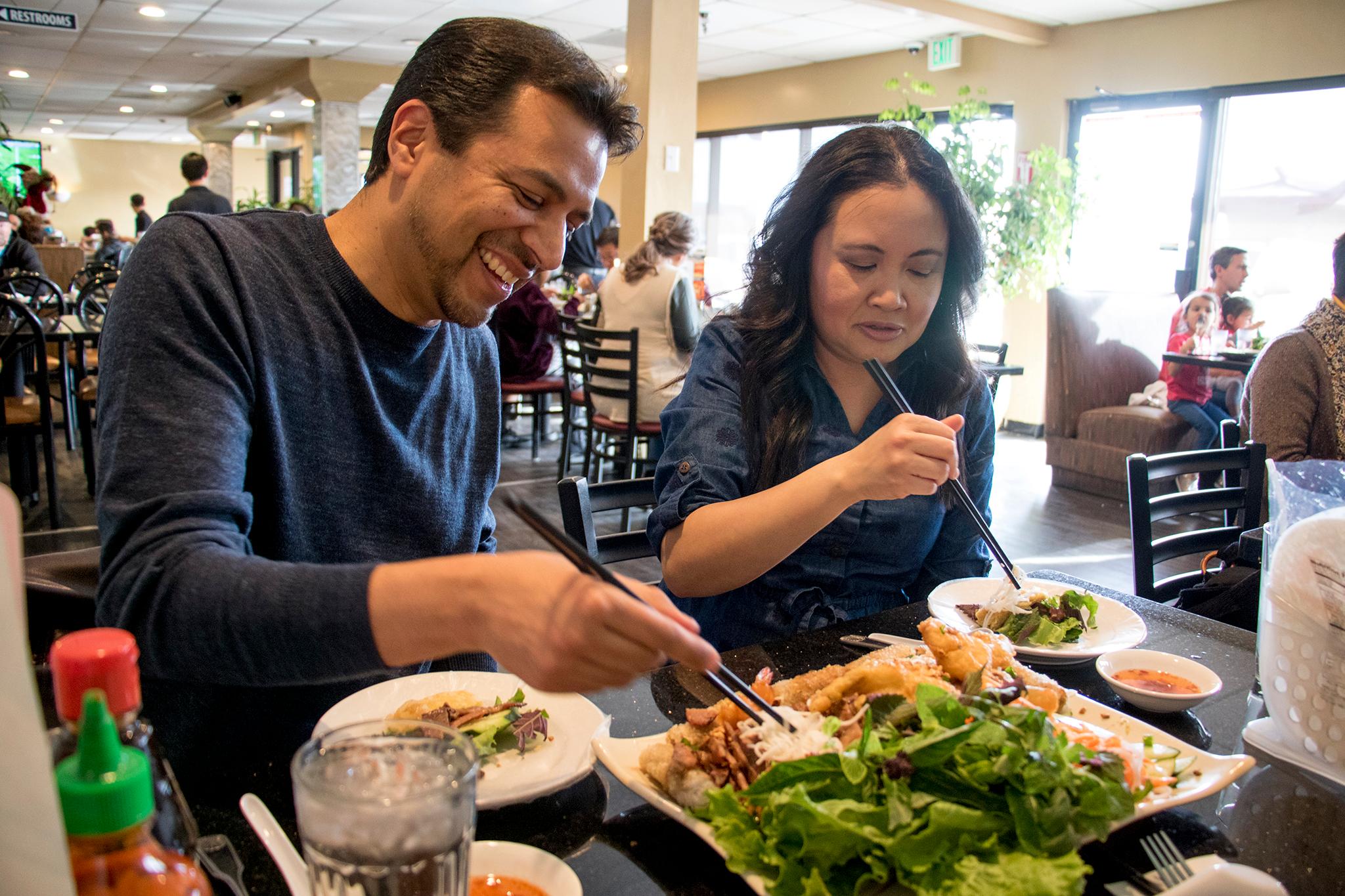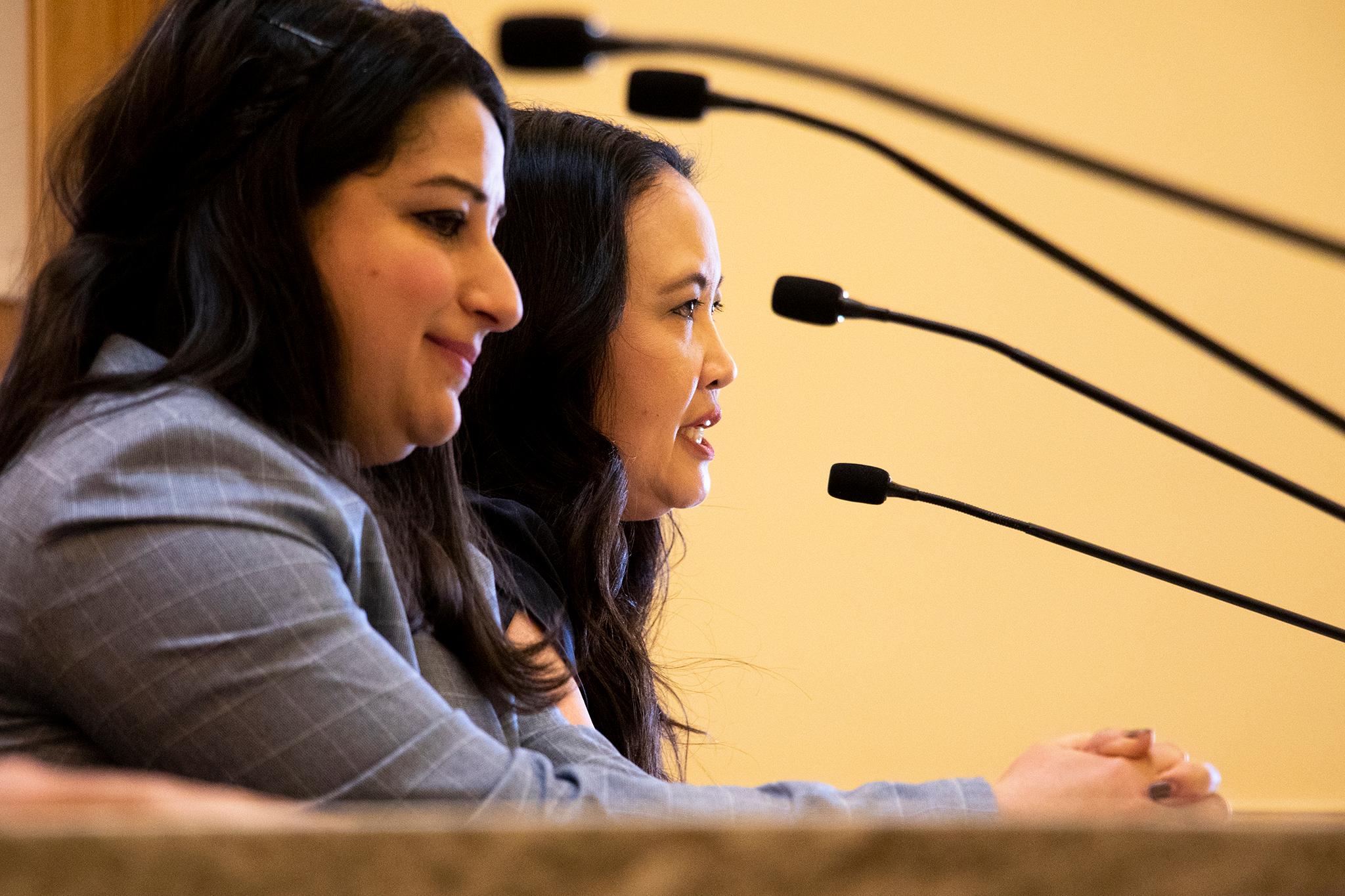The state's commitment to apply for and distribute federal money for refugee resettlement is more like a guideline than a rule -- but that's on its way to changing.
Last week, Sen. Dominick Moreno introduced Senate Bill 230 to address the issue. On Monday, he told the Colorado Senate's State, Veterans, & Military Affairs Committee that the mechanism to fund resettlement and related services was authorized by a 1994 executive order by Gov. Roy Romer. There's no official statute guaranteeing this money will be applied for and distributed in the future, at least, for now.
Because refugee services have been subject to "unfortunate politicization" at the national level, Moreno said, he and his supporters feel it's time to enshrine the state's commitment in law. It would safeguard the program in the event that a future governor is less interested in admitting refugees.
"Should the commitment to refugees and helping refugees resettle in Colorado depend on who occupies the governor's office? I would submit that that answer is no," he said.
During the hearing, Colorado state refugee coordinator Kit Taintor told the committee that her office is in support of the measure. Last year, she expressed concern to Denverite that the U.S. Department of Health and Human Services might cut as much as 40 percent of their usual funding for ancillary services in the state. That didn't end up happening, she told Denverite, because congress didn't approve cuts outlined by White House budget plans. She's still concerned this funding stream is in jeopardy.
But another funding source from the U.S. Department of State, which is based on the number of refugees admitted each state, did drop after the federal government decreased admittances to the lowest levels in years.
Moreno's bill has no power to affect federal priorities, but it does allow the Colorado General Assembly to allocate state money for refugee resettlement and services if they find it necessary to do so.


Jennifer Wilson, executive director of International Rescue Committee Denver, a resettlement agency, told the committee that Coloradans across the political spectrum have long found a variety of reasons to support incoming refugees.
These programs have never been partisan, she said, "and that's part of the reason this has never been codified before. It has never been this partisan debate."
But the bill passed the committee in a 2-3 vote along party lines. Sen. Vicki Marble, a Republican who represents Broomfield, Larimer and Weld Counties, voted no. She told Denverite the bill "seemed incomplete," particularly because refugees could leave the state and would not be tracked.
"It's a safety issue," she said.
Wilson said refugees are vetted long before they enter the country, and balked at Marble's concern.
"They go through the strictest vetting process of anywhere in the world," she said. "We don't track people in the United States who are here legally. You have legal status, you have freedom of mobility."
The bill will now go up for a full Senate vote.
Once upon a time, refugee funding would have made a big difference in Denver, but rising housing costs have changed where people are resettled today.
Nga Vuong-Sandoval was very young when she was forced to leave Vietnam. She recalled the journey before the committee.
"My refugee story begins with the end of the Vietnam War and the fall of Saigon. We never chose to leave our homeland. We never chose to abandon all that was familiar to us. The circumstances forced us to," she said.
Vuong-Sandoval was one of hundreds of thousands of Vietnamese refugees to flee the country by sea, who became known as "boat people." She spent time in two refugee camps before settling permanently in Denver.
Today, she is a community leader for the Vietnamese community -- founded by older refugees in the '60s and '70s -- who made a home along South Federal Boulevard.
Jamie Torres, director of Denver's Office of Immigrant & Refugee Affairs and a candidate this spring for City Council District 3, told Denverite that the city once welcomed at least 50 percent of refugees admitted to the state. That trend persisted until about 2012, when rising housing costs began to make it more difficult for agencies to find homes within the city and county.
Today, she said, Denver receives less than 20 percent. Many are resettled in Aurora, suburbs west of the city and in Weld County, where there are cheaper housing options and industries that need more hands on deck.
Taintor said the services supported by federal funding shift with changing markets in the state. In "times of rising costs," like we see today, her office's employment programs are geared toward placing refugees in jobs that offer "living wages." Their financial services have a greater focus on financial literacy to help newcomers find stability in a challenging economy.

Vuong-Sandoval says she is not "the exception for refugees."
Before the committee, she listed a career's worth of accomplishments, from spelling bee champion to counterterrorist analyst.
"I'm only one of countless refugees who contribute every single day. This can only be possible by welcoming refugees and funding programs and services benefitting our refugee communities."
During the hearing, Sen. Lois Court, who represents Arapahoe and Denver counties, had one last question to ask. It was something testifiers could write down if they didn't care to say it out loud: What are their favorite places to eat?
"I would love to hear about them," she said.
Vuong-Sandoval was not shy.
"I'd like to answer that publicly," she responded. "It's gonna be Saigon Bowl in the Far East Center on South Federal."













